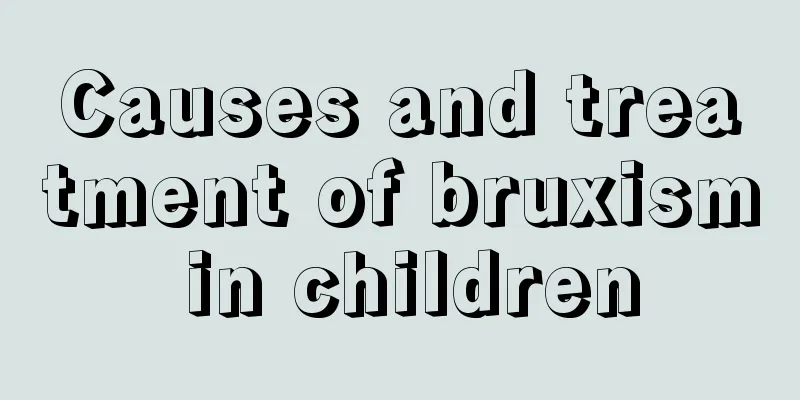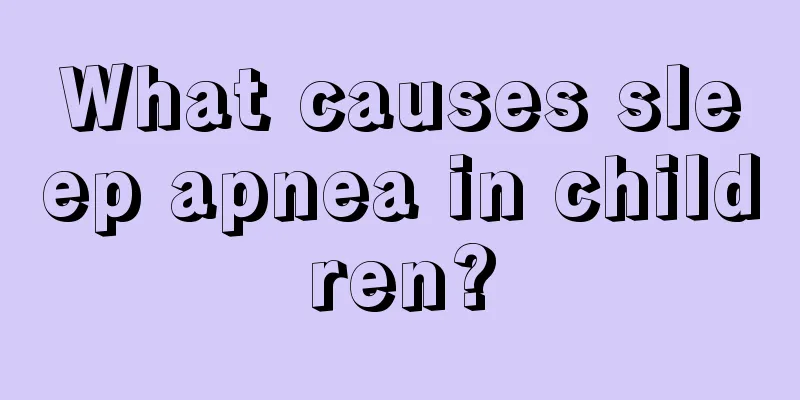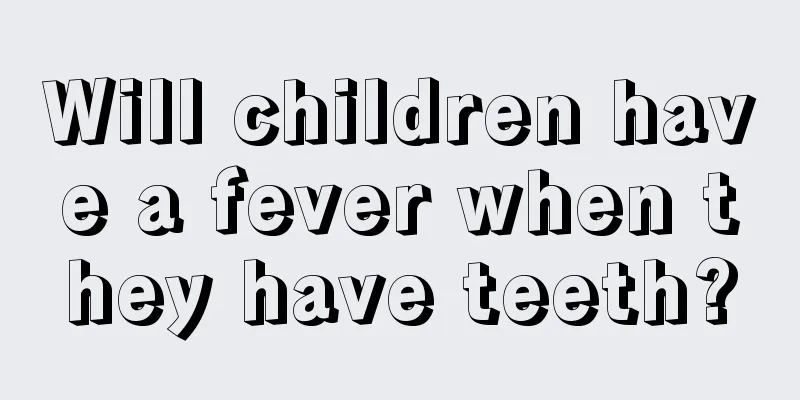Urticaria on the child

|
There is no doubt that urticaria is a common skin disease among modern people, and minors are also a high-risk group for urticaria. Generally speaking, if it lasts for more than six weeks, it may turn into chronic urticaria, making treatment more difficult. Based on this, it is very necessary for parents to deeply analyze the causes of urticaria in young children in order to provide symptomatic treatment and minimize the adverse effects of this disease on young children. Symptoms of urticaria in children Urticaria in children can be divided into acute and chronic. Acute urticaria is relatively easy to treat, while the treatment time of chronic urticaria needs to be extended. Acute urticaria in children develops suddenly, and the skin may become abnormally itchy within an instant. Along with the itching and scratching, red or pale wheals of varying sizes and shapes quickly appear. Some are ring-shaped, and some may merge into large pieces. They disappear quickly within 10 minutes to a few hours, leaving no trace. Most children have no other discomfort except for severe itching of the skin; a few children have internal organs affected and experience fever, headache, shortness of breath, nausea, vomiting, diarrhea, abdominal pain and other discomforts; in severe cases, there are symptoms of shock such as pale complexion, difficulty breathing, and low blood pressure. Causes of urticaria in children If urticaria in children continues to recur for more than six weeks, it becomes chronic urticaria. The cause of the disease is not necessarily related to food. Many other factors may cause chronic urticaria in children. Such as temperature changes, physical changes (such as scratching), dust, pollen, stockings, etc. causing stimulation to local skin, emotions causing vascular tension, etc. For example, some people may be allergic to cold water, while others may be allergic to hot water, both of which may cause chronic urticaria in children. More than half of the patients may not be able to find an obvious cause of the disease. 2. Why do babies get urticaria? The causes of urticaria are complex, and more than half of people are unable to determine the exact cause. In general, the most common causes of urticaria in babies are probably the following: 1. Food, including food additives. The most common ones are peanuts, tree nuts, milk, eggs, sesame seeds, fish, shellfish, beef, etc. 2. Medicines, including prescription and over-the-counter medicines. 3. Insect bites. For example, after being stung by a bee or ant. 4. Infected, such as viral infection. 5. The skin is stimulated by, such as cold, heat, sun exposure, etc. 6. Genetic factors. Generally speaking, most cases of urticaria in children are related to food allergies. Especially after children start eating complementary foods, the chance of food allergies increases as the types of food they consume increase. 3. How to deal with urticaria in baby? Because urticaria will feel extremely itchy, children will generally become very irritable, even crying and restless, constantly scratching their skin with their hands. If it lasts for a long time, it will affect the baby's appetite or sleep. If your child develops urticaria, you may want to try the following methods. 1. Give your baby a warm bath, he may feel more comfortable; 2. If you don’t take a bath, it’s best to keep your baby’s hands clean at all times and try to avoid scratching. 3. If it is very itchy, you can apply calamine lotion or apply cold compress to the itchy area. 4. If the area of the urticaria is large and the baby appears to be very uncomfortable, you can take an appropriate amount of antihistamines under the guidance of a doctor, such as loratadine syrup, levocetirizine hydrochloride tablets, cetirizine hydrochloride tablets, etc. 5. When urticaria occurs, nausea, vomiting, abdominal pain, diarrhea, and even edema, chest tightness, breathlessness, suffocation, bronchial asthma and other symptoms may occur. If your child has these symptoms, it is best to seek medical attention as soon as possible. |
<<: Why is my child's urine red?
>>: Can children's urticaria heal on its own?
Recommend
3 year old baby crying at night
It is normal for babies to cry, and there are man...
What should I do if my child sweats at night?
When the child is sleeping soundly and sweetly. Y...
Baby staple food recipes
Every parent hopes that their child can grow tall...
What to do if your child has blisters on his tongue
The reasons for blisters on children's tongue...
What are the causes of picky eating in children?
Children in their early childhood will have some ...
What should I do if my child gets prickly heat on his back?
Children often get prickly heat on their bodies, ...
What to do if your child has oily ears
Children have ears, which is actually normal beca...
Precocious primary school students
Precocious puberty is an unavoidable topic for pa...
The baby's temperature is 37 degrees for 2 weeks.
If the baby's temperature is 37.5 degrees for...
What to do if your baby is zinc deficient at one year old
Zinc deficiency is a very common disease for one-...
Polio symptoms every parent needs to know!
Children's symptoms after contracting polio v...
How much milk does a one year and eight month old baby need
Babies are the top priority of every family, and ...
What should I do if my child has a cold and vomits?
Children have relatively low body resistance, so ...
Daily care for children with diarrhea after fever
I believe parents all know that many babies suffe...
What is the effect of baby head massage technique?
Baby head massage can help the development of the...









